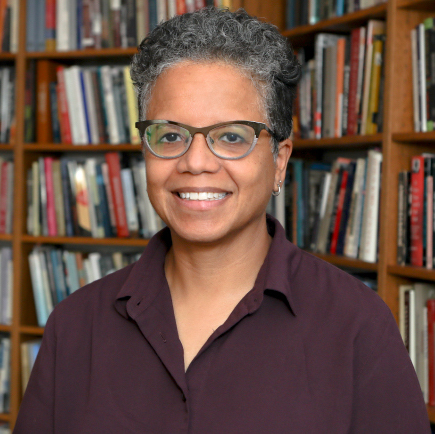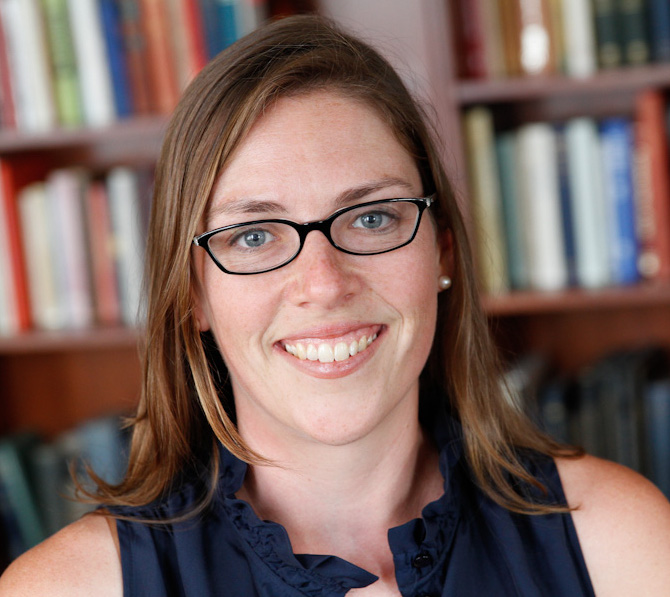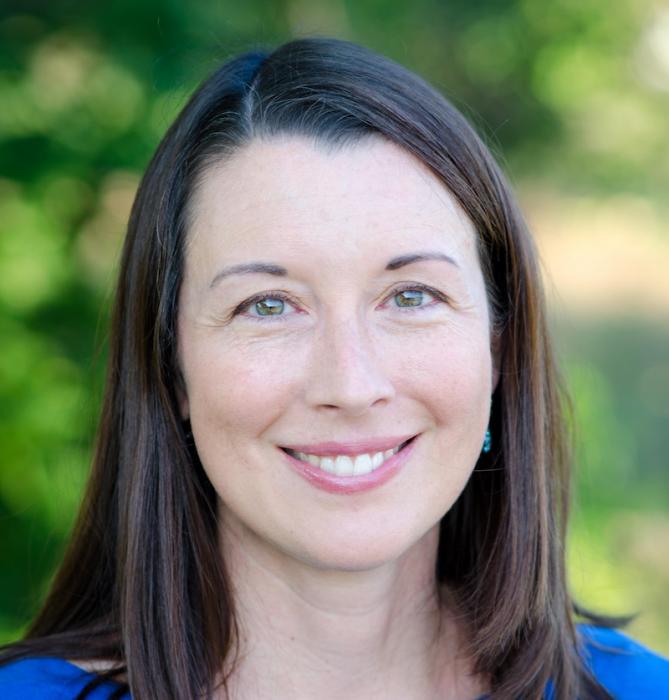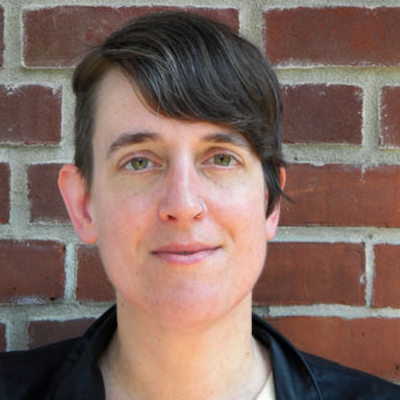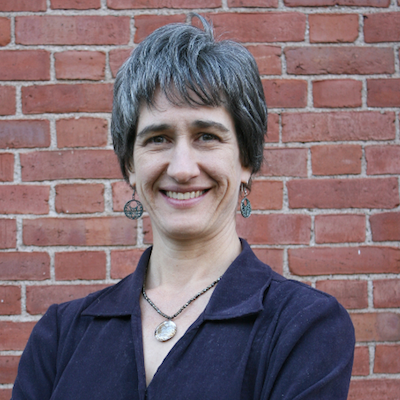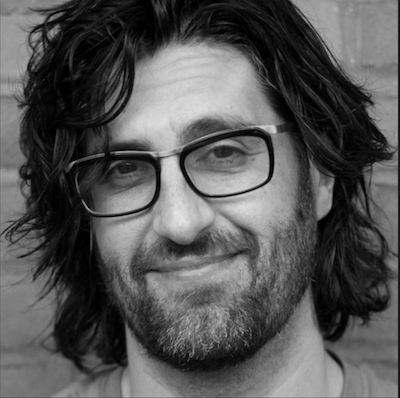Rebecca Carter-Chand (Director, Programs on Ethics, Religion, and the Holocaust, United States Holocaust Memorial Museum) discusses “The Historical Turn in Interpreting Rescue during the Holocaust: Understanding Religious Motivations and Religious Networks.”
Accounts of rescue during the Holocaust have long fascinated survivors, historians, and the public. Despite being the exception rather than the norm, stories of rescue have been used to highlight altruism and courage, reaffirm the goodness of humanity, and serve as a counter narrative to the widespread complicity of Christian churches. For several decades after the Holocaust, rescue was understood primarily as a psychological phenomenon that could be attributed to one’s ethical predisposition or empathetic personality, or as a result of one’s piety or theological commitments. In recent years, a new approach has been gaining attention – one that focuses less on motivations and more on circumstances. This talk will trace the evolution of the study of rescue and highlight new research on the rescue of Jews by Christian networks, as well as Jewish strategies of survival.

Rebecca Carter-Chand




